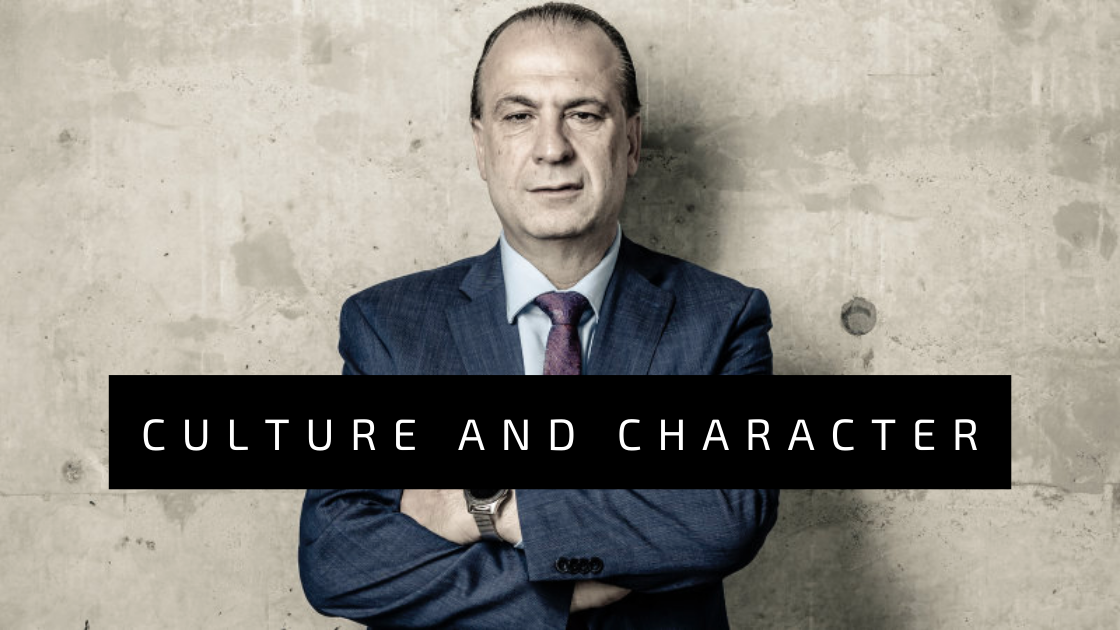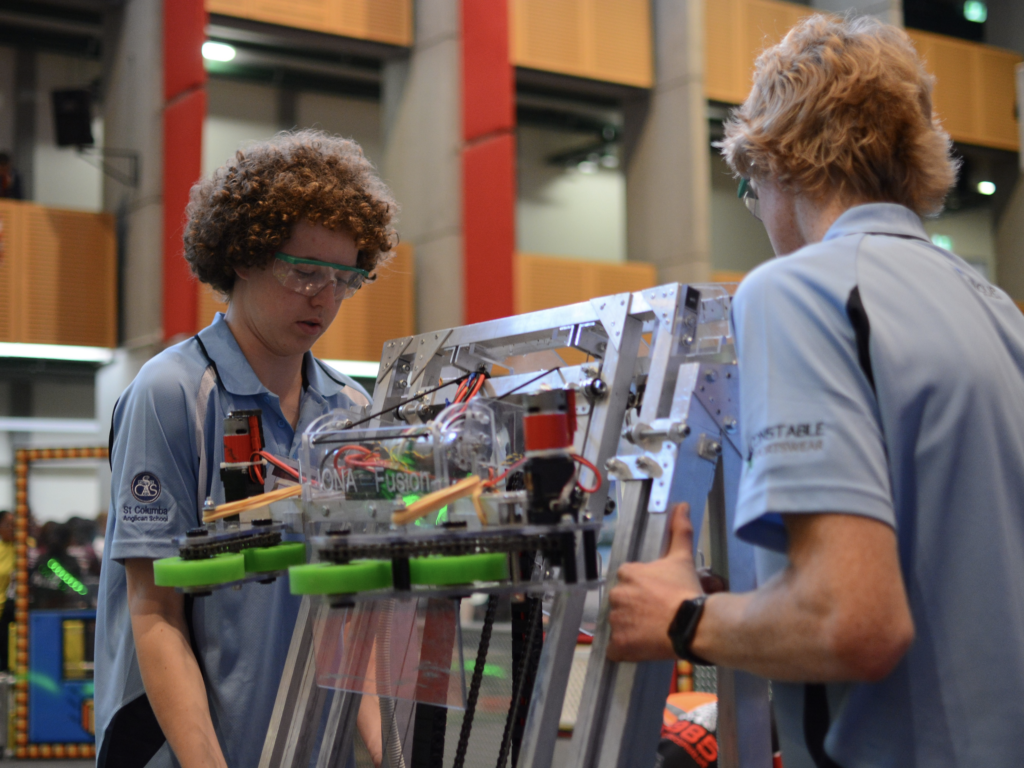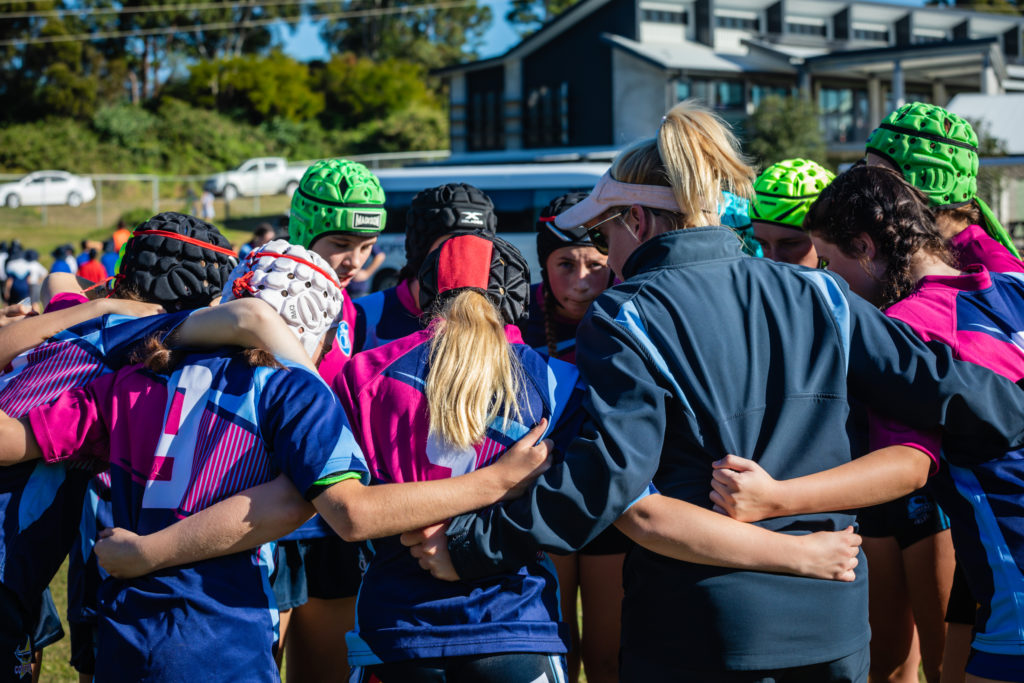
‘Sydney’s favourite question’: Where the city’s power brokers went to school
Jordan Baker, Jordan Baker, June 13, 2021
As a teenager, the closest racing and rugby league boss Peter V’Landys came to a private school “was walking past it,” he says. He is proud of his public schooling at North Wollongong’s Keira Boys High. He believes it made him resilient and determined, two qualities that helped him single-handedly push League back onto the playing field at the height of the COVID-19 pandemic. “The people who go to these private schools, like it or not, are the decision-makers of the future,” he said. “That’s the benefit—the network. I’ve never seen anything like it.”
This article begs the questions as to whether individuals rise because of who they are or because of their school and its social connections? That question brings us back to the concepts of culture, character and resilience that I constantly “bang on” about.
Sometimes academic results are not the best indicators of an individual’s potential for success. Some successful people are what are called “slow burners”—individuals who do not gain immediate success but who get better and better as time goes on.
Sometimes, having the “right connections” open doors.
Sometimes, the spark of potential can be snuffed out by a culture that happily accepts mediocrity or actually derides aspiration and effort.
Unfortunately, not every potential “super hero” gets to save the world.
As leaders of St Columba Anglican School, one of our top commitments is to improve teacher performance and student learning. So refining instructional practice among our staff is at the top of our priority list.
But we are constantly aware that creating a positive school culture can have a remarkable impact on the success of our students.
A positive school culture encourages more significant effort and productivity, improves collegial collaboration, supports successful change and improvement efforts, builds commitment and identification of students and teachers with our school, and amplifies the energy and motivation of staff members and students.
Through collective awareness and action, we know that culture can be used positively in order to enhance student learning and achievement, whether through small actions such as celebrating small, everyday achievements or big ones like spectacular academic, artistic, or sporting successes.
We know the triggers of an effective and supportive school culture include:
- Social climate → Creating a safe and caring environment in which all students feel welcomed and valued and have a sense of ownership of their school; this helps students in their moral development;
- Intellectual climate → where all students in every classroom are supported and challenged to do their very best and achieve work of quality; this includes a rich, rigorous and engaging curriculum and a powerful pedagogy;
- Standards → Rules and policies that hold all school members accountable to high standards of learning and behaviour;
- Traditions and routines → Built from shared values that honour and reinforce the school’s academic and social standards.
We focus and work on developing and maintaining these qualities in our school as a part of our “core business”.
There are myriad stories—like that of Peter V’Landys’ and others—who, through the strength of character and desire to succeed, reach the very peak of their careers in schools whose reputations may not be as strong as schools like Riverview mentioned in the SMH article.
But how many other potentially successful students fall by the wayside if they live and work in a culture that derides effort and success, or a culture where individuals are lionised for their capacity to disrupt and defy.
These schools can be said to have created a toxic culture. A toxic school culture has been described as a place where “staffs are extremely fragmented, where the purpose of serving students has been lost to the goal of serving the adults, where negative values and hopelessness reign.”
We want something better for our students, staff and community. We want a school where efforts are translated into positive experiences for both staff and students. Where success, joy, and accomplishment are everyday features of our school’s life.
In recent times we have seen a strong social movement that has its roots in a form of anti-intellectualism, replacing facts with opinions and questioning the very foundations of our social contract. We hope that our school and its culture play a role in refuting this view of the world. As our St Columba graduate ideals say, we believe our students will “have developed leadership skills so that by their great and small actions, they will have the potential to make the world a better place. “
We are proud of the successes of our students and alumni and we hope that their successes have, in some measure, been contributed to and supported by their School.

Terry Muldoon
Principal





